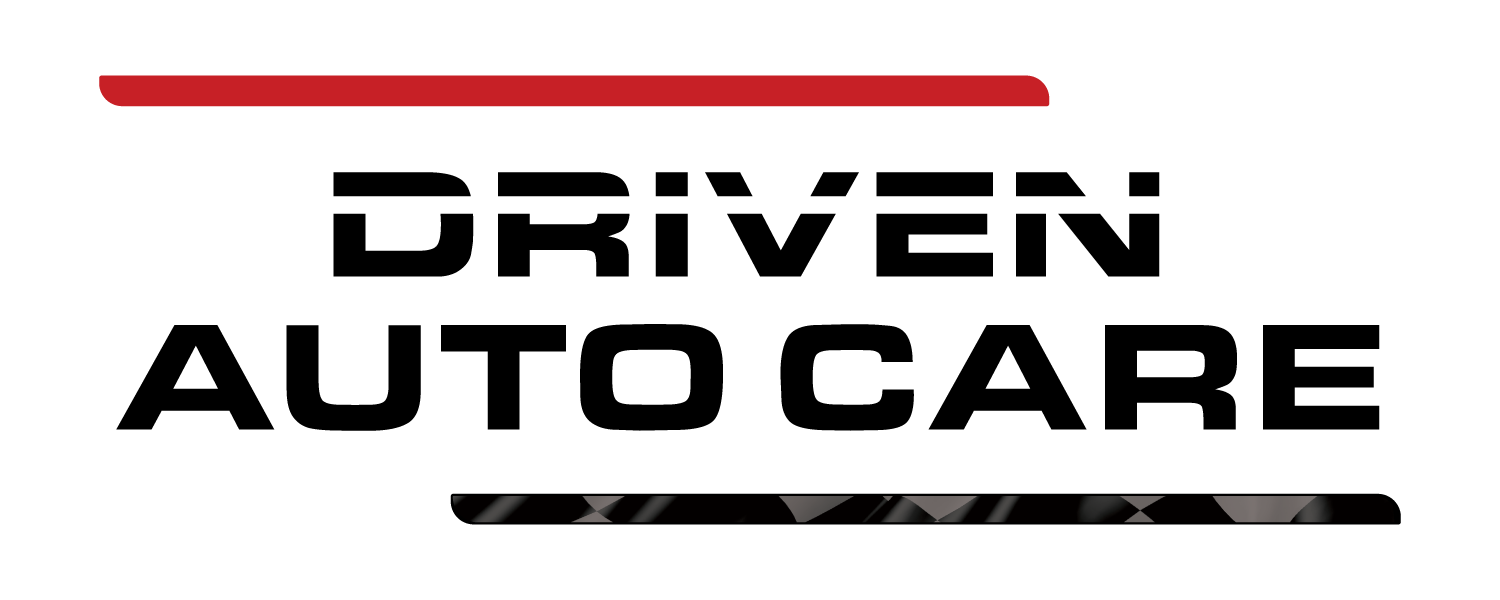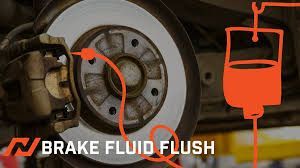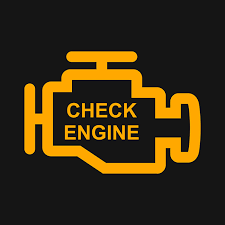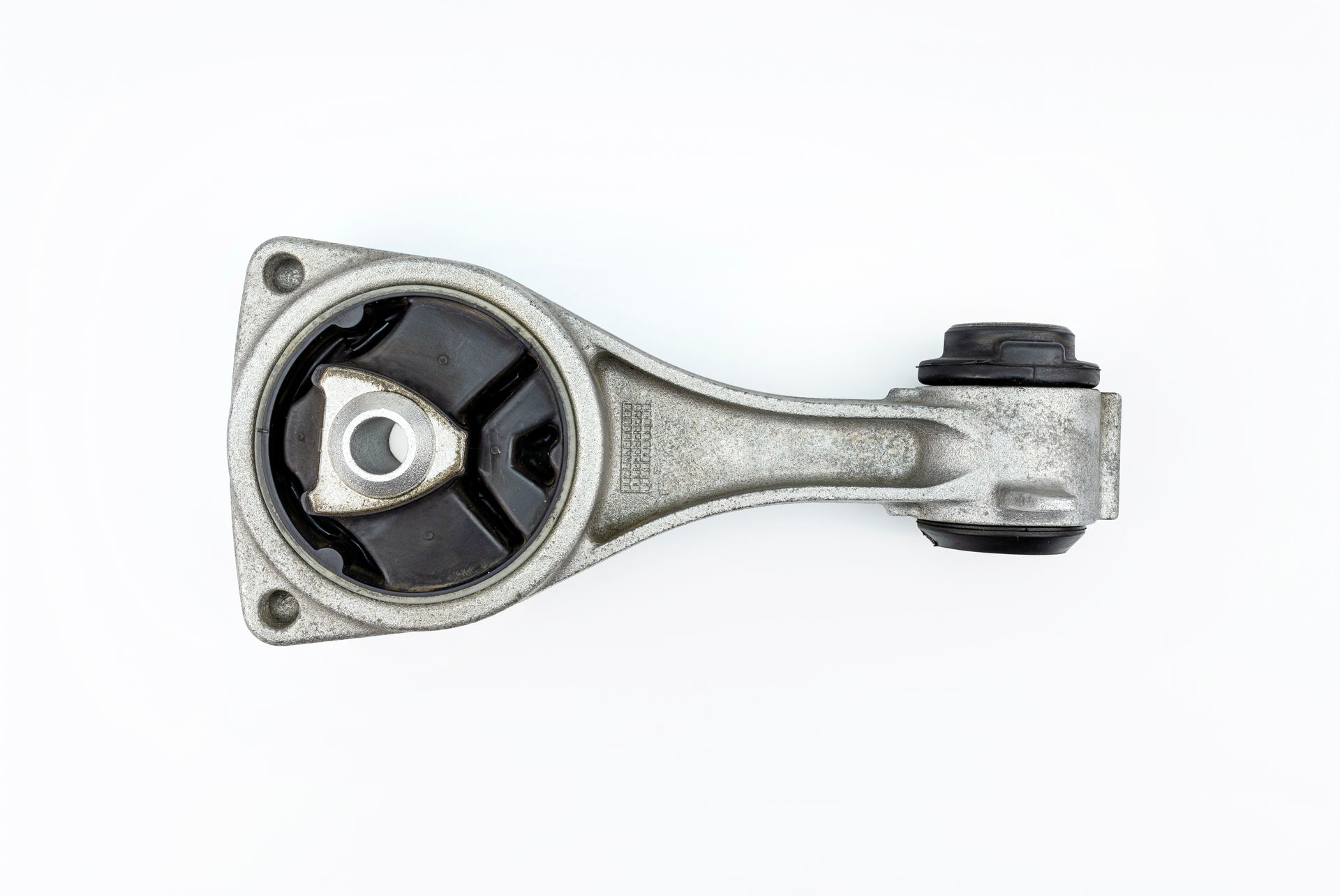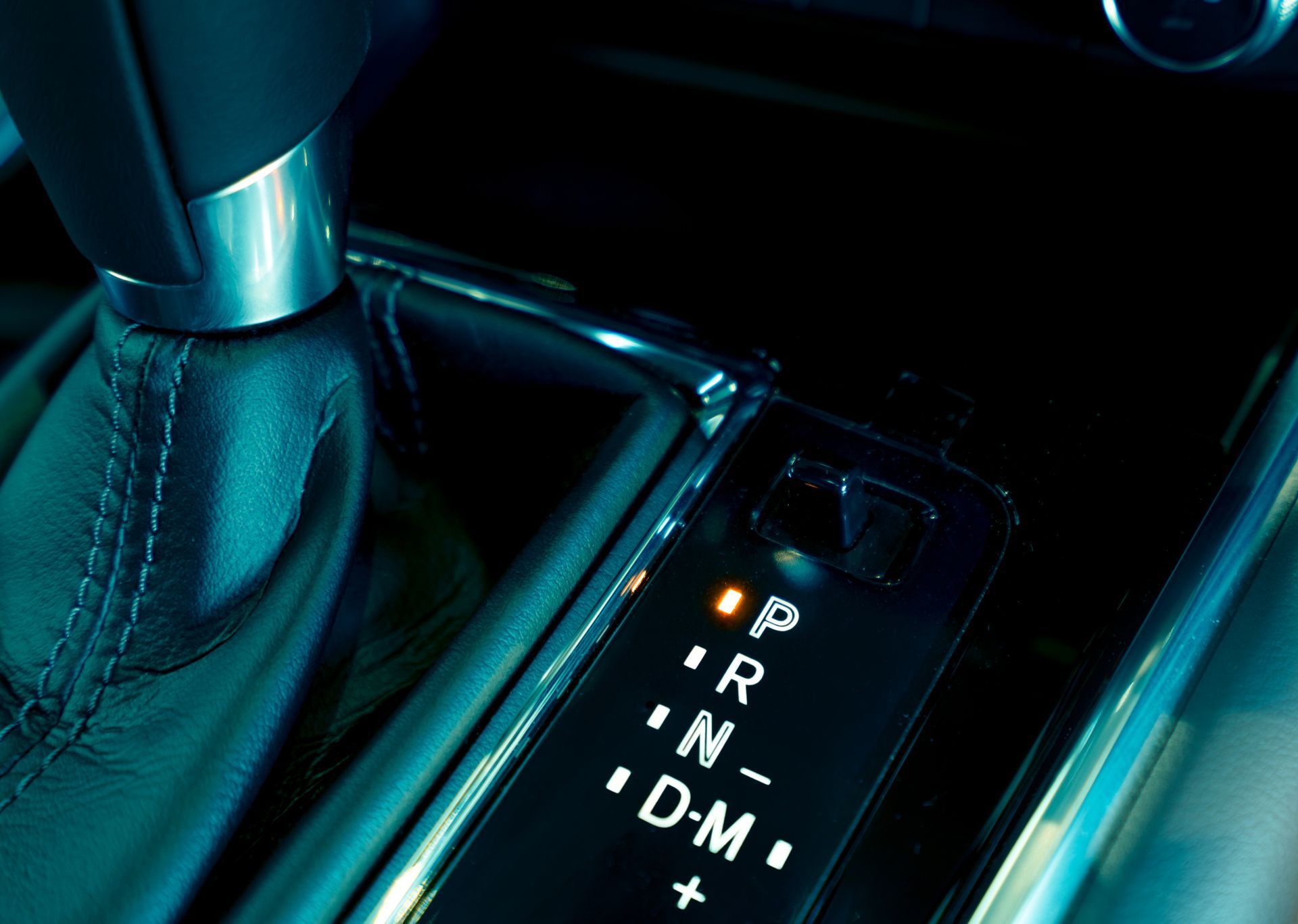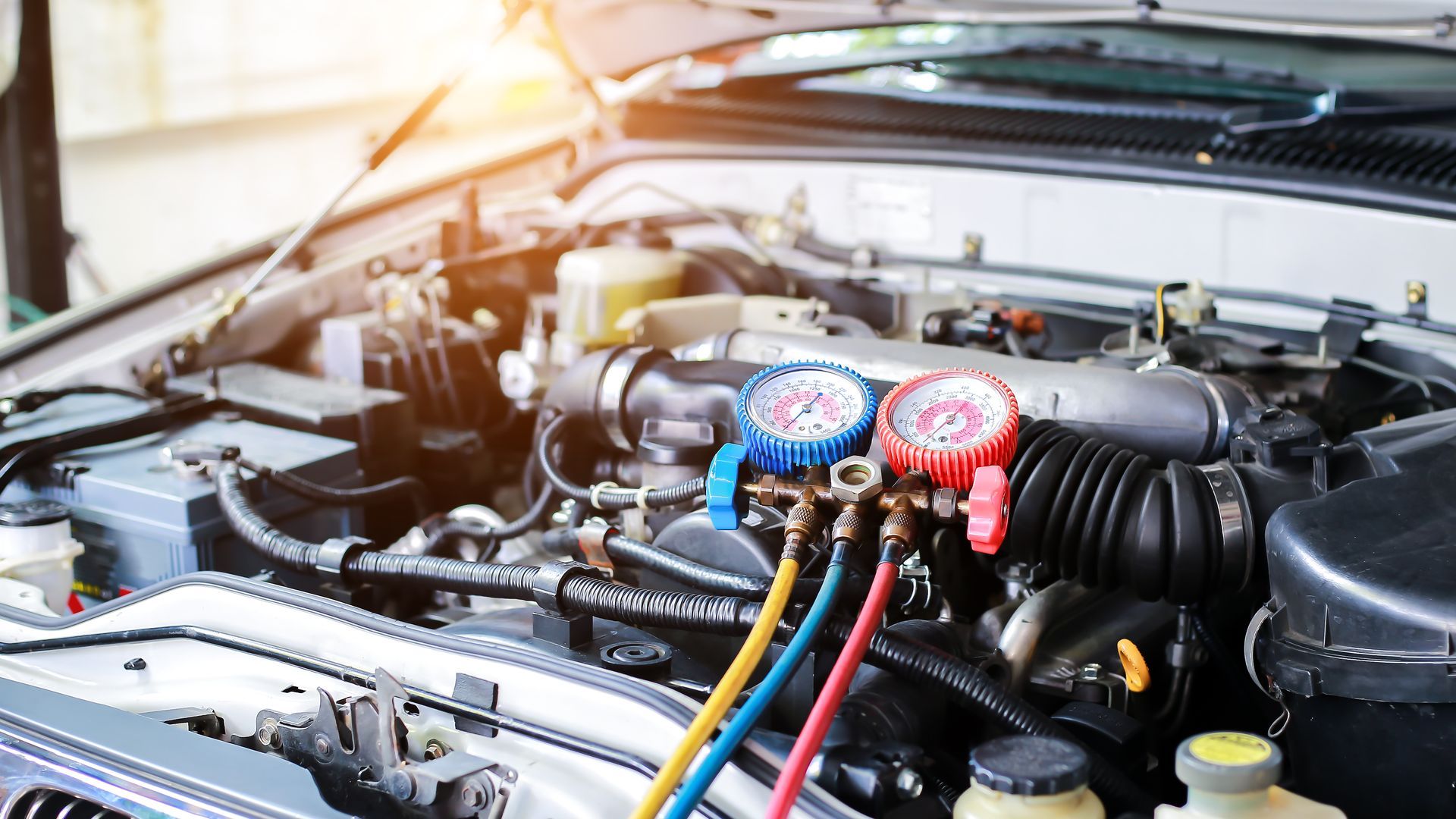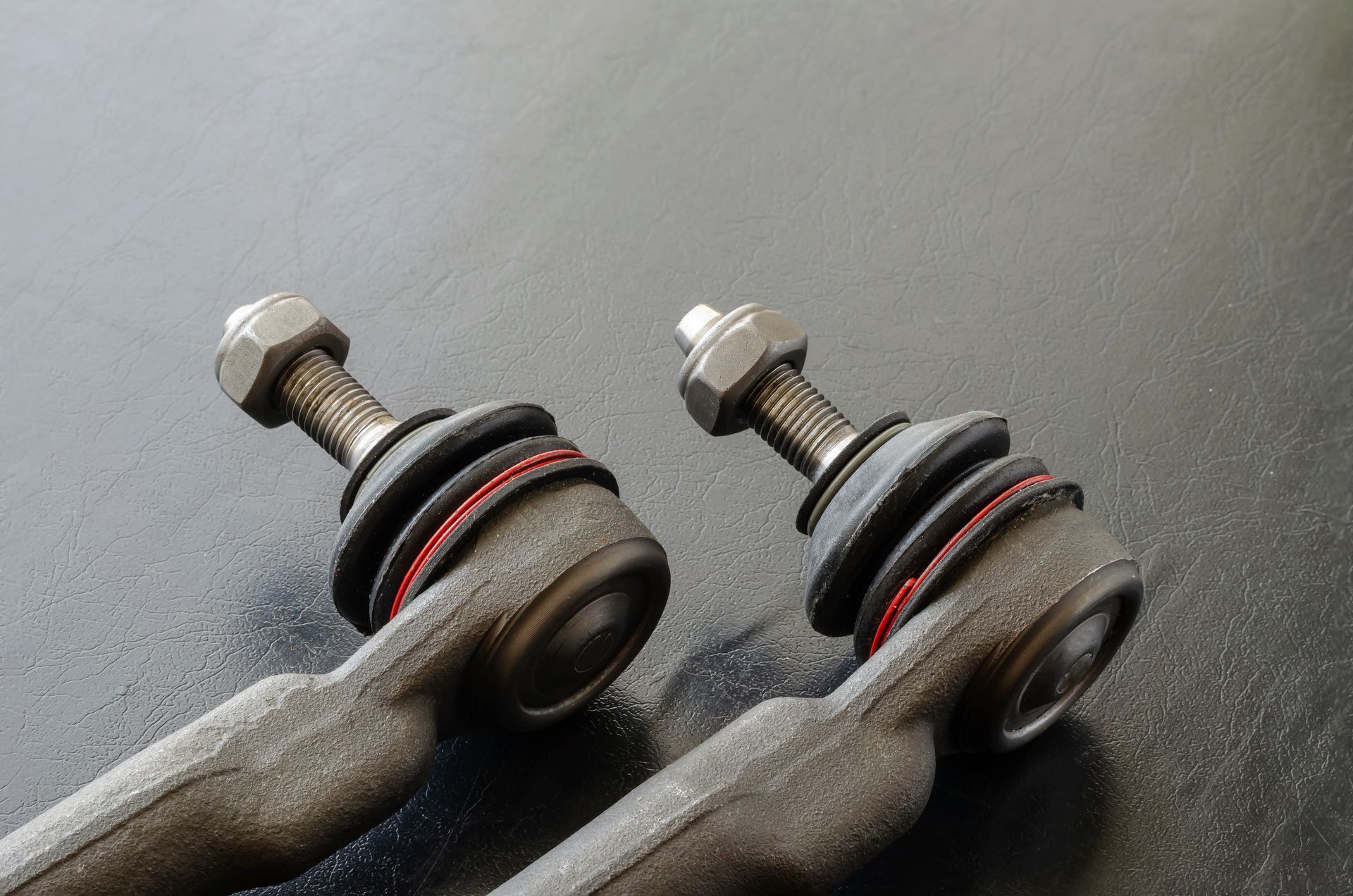A strange smell inside your car is a sign that something's wrong. One of the most alarming odors drivers report is the smell of burning plastic. If you notice this scent while driving or shortly after turning on the engine, it’s important to find the source quickly. A burning plastic smell can point to overheating components, electrical issues, or fluid leaks—some of which can be dangerous if ignored.
Electrical Shorts and Wiring Problems
One of the most common causes of a burning plastic smell is a short circuit or overheating in the electrical system. Your vehicle relies on a vast network of wires, connectors, and fuses, all protected by plastic insulation. If a wire gets pinched, frayed, or exposed to excessive heat, the insulation can melt, releasing that unmistakable burnt plastic odor.
This issue can happen anywhere in the vehicle, but it's most often linked to components like the blower motor, heated seats, power windows, or aftermarket installations such as stereos or alarm systems. If you smell burning and also experience flickering lights, failing accessories, or blown fuses, electrical trouble could be the cause.
Overheating Plastic Components
Vehicles are filled with plastic parts—under the hood, behind the dash, and throughout the cabin. When any of these components overheat, they can emit a strong plastic smell. Engine problems, failing fans, or restricted airflow can cause overheating.
Sometimes, debris like plastic bags can get caught under the car and melt onto the exhaust or engine components. In this case, the smell is usually strongest outside the vehicle or near the front wheel wells and may be accompanied by smoke. Once cooled down, a visual inspection of the undercarriage often reveals the melted debris.
Burning Oil or Fluids on Hot Surfaces
Leaking fluids such as engine oil, transmission fluid, or power steering fluid can drip onto hot components like the exhaust manifold or catalytic converter. While the smell of burning oil is more acrid and oily, it can sometimes be mistaken for burning plastic, especially if there are plastic covers, clips, or wiring looms near the leak.
If you see smoke from under the hood or notice spots on the driveway, checking for fluid leaks is a good idea. Over time, leaking fluids can damage nearby components and increase fire risk, so it’s important to have them addressed promptly.
HVAC System Issues
If you only notice the burning smell when you turn on the heat or A/C, the HVAC system may be the source. Dust, debris, or even plastic wrappers caught in the vents can heat up and emit odors when airflow begins. In rare cases, a malfunctioning blower motor or resistor can overheat and give off a plastic smell.
A thorough inspection of the cabin air filter and blower motor area can help determine if this is the source of the odor. If it’s been a while since your vehicle’s HVAC system was serviced, this could be a good place to start.
Clutch or Brake Component Overheating
In manual transmission vehicles, excessive clutch slipping can cause the clutch to overheat, emitting a sharp, chemical-like smell that can sometimes resemble burning plastic. Similarly, overheated brake components from riding the brakes or stuck calipers can produce a similar scent.
If the smell appears after hard driving or when descending a long hill, and it’s accompanied by poor braking or difficulty shifting, the clutch or brakes could be overheating. This type of issue requires immediate attention to avoid further damage.
Driven Auto Care – Multi-Location Diagnostics in Fremont, Campbell, and San Ramon, CA
At Driven Auto Care, we take strange smells seriously, especially when they could indicate a fire hazard or failing component. If your car smells like burning plastic, don’t wait to find out what’s wrong.
Bring your vehicle to any of our three convenient locations in Fremont, Campbell, or San Ramon for a thorough inspection. We’ll track down the source of the smell and get you back on the road safely and confidently.
